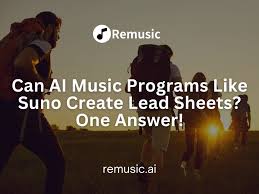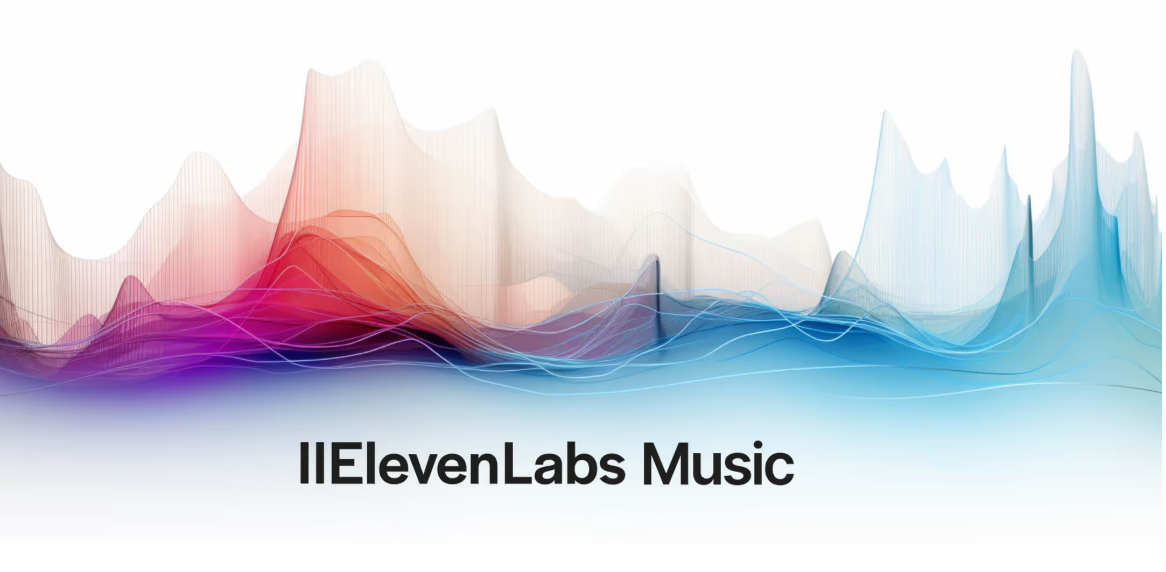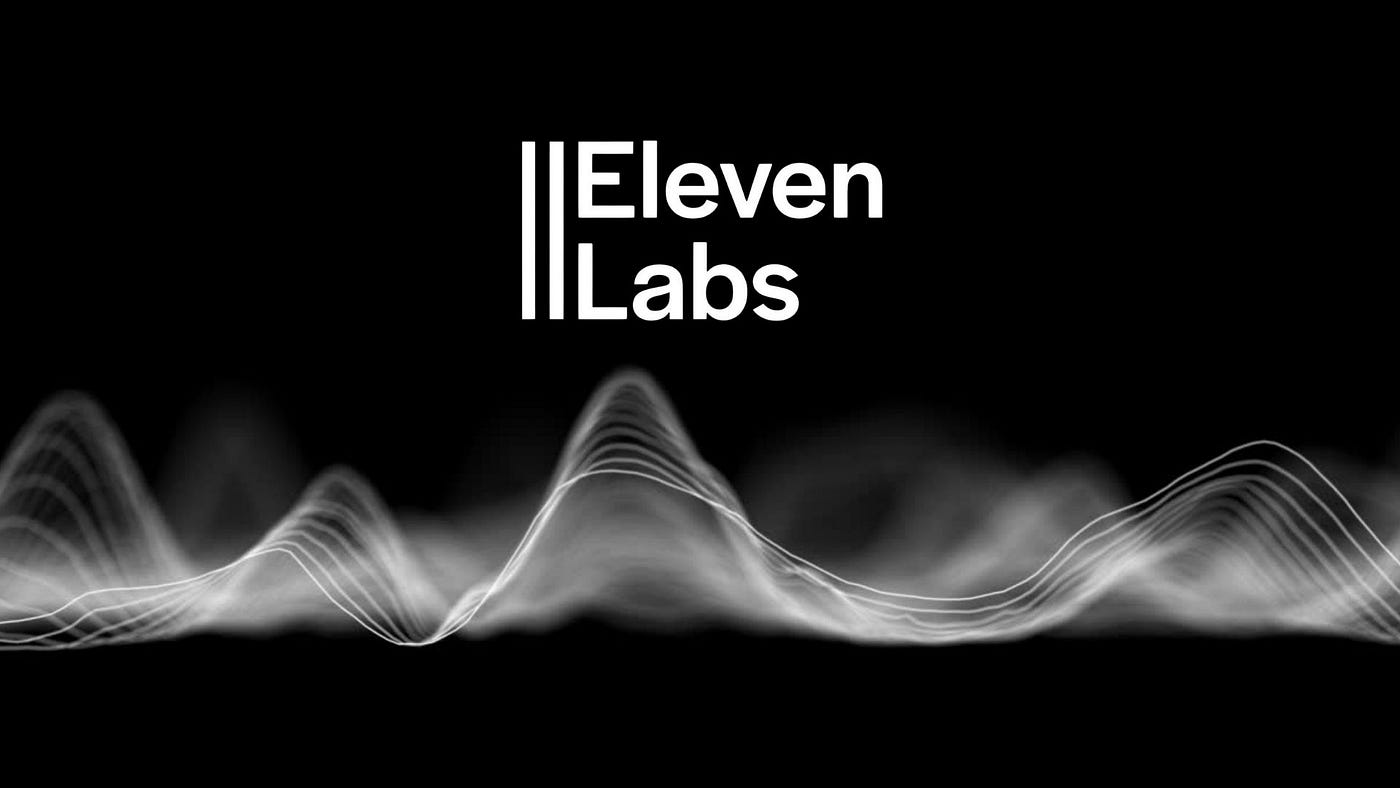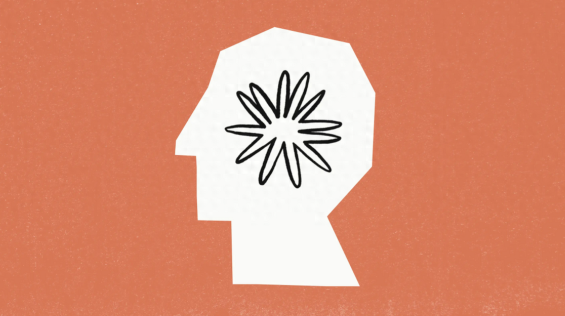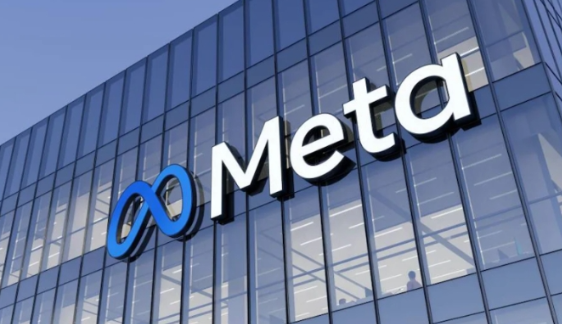Generative AI has officially stepped into the world of music composition. What began as niche experiments in algorithmic songwriting has grown into full-fledged platforms like MusicGen, Udio, Suno, and AIVA, now capable of producing full musical pieces from scratch.
So what is the real impact of generative AI in music composition? Are we witnessing a revolution or just a trend?
This article breaks down how generative AI is reshaping how music is written, produced, and even imagined—touching on creative workflows, industry economics, and artistic integrity.
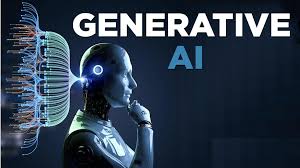
Redefining the Composer’s Role
Traditionally, composition has been seen as a highly skilled, deeply human art form. Composers spend years learning theory, instrumentation, structure, and mood. Now, with AI, someone with no formal training can generate a cinematic score in 30 seconds using a text prompt.
This doesn’t mean the human composer is obsolete. It means their role is evolving.
New Roles Emerging:
Prompt designers: Crafting text inputs that yield usable results
AI arrangers: Curating and editing AI-generated drafts
Creative directors: Overseeing hybrid workflows with AI and live players
In essence, AI is becoming an extension of the composer's toolkit—not a replacement.
Impact on Creative Workflows
Generative AI significantly accelerates the ideation process. What used to take hours or days (coming up with a theme, building harmony, writing counterpoint) can now be prototyped in minutes.
Practical Workflow Shifts:
Inspiration Kickstart: Use MusicGen to generate 4–8 bar loops as creative seeds
Rapid Drafting: Use Udio or Suno to test multiple stylistic directions with the same lyrical idea
Real-Time Iteration: Tools like Riffusion let you hear sonic ideas evolve live from prompts
Result:
Musicians spend less time stuck in the blank page phase and more time refining and expressing.
Democratizing Music Composition
Generative AI has lowered the barrier to entry for music creators. You no longer need years of training or expensive hardware to compose something that sounds studio-quality.
Who Benefits:
Aspiring musicians with limited formal education
Content creators needing fast, royalty-free music
Disabled artists who can’t physically play instruments
Non-musicians exploring music for the first time
This shift is making music more inclusive and accessible than ever before.
Impact on Professional Composers and the Industry
While AI opens doors for new creators, it also raises concerns for professional composers.
Challenges:
Economic pressure: AI-generated stock music threatens low-budget scoring jobs
Market saturation: More music, but harder to stand out
Creative devaluation: Clients may opt for “good enough” AI music instead of hiring artists
Responses from the Industry:
Some composers now integrate AI into their own workflow, using it to generate harmonic beds or rhythmic structures.
Others focus on what AI can't replicate—deep emotion, long-form narrative structure, cultural nuance.
Emotional and Aesthetic Implications
Can generative AI really understand emotion?
Not quite. While tools like Suno or AIVA can simulate emotional arcs (e.g., “sad piano piece” or “uplifting cinematic score”), the depth of feeling often still comes from human selection, editing, and interpretation.
Think of AI as a skilled assistant—not an inspired artist.
It can mimic patterns, but meaning still comes from human context.
Real-World Examples of AI in Composition
Case 1: TikTok Content Creators
Use Suno or Udio to generate fast, catchy backing tracks with lyrics that match their brand voice.
Case 2: Film Students
Use MusicGen and AIVA to compose royalty-free scores for short films or trailers.
Case 3: Indie Game Developers
Combine Soundraw and Stable Audio for mood-specific loops based on game environment triggers.
Ethical and Legal Considerations
Key Questions:
Who owns AI-generated music?
Was the model trained on copyrighted material?
Should artists be compensated if their work was used in training datasets?
As of 2025, many platforms (like Meta’s MusicGen) offer permissive licensing, but the legal landscape is still in flux.
Tip: Always check the terms of use before releasing or selling AI-generated compositions.
Pros and Cons of Generative AI in Music Composition
Pros:
Rapid idea generation
Democratized access to music creation
Cost-effective for prototyping and content scoring
Enables hybrid workflows with humans and machines
Cons:
May lack emotional nuance or originality
Threatens entry-level composing jobs
Raises unresolved copyright and ethical issues
Future Outlook: A Hybrid Creative World
Looking forward, the impact of generative AI in music composition is likely to be collaborative, not competitive.
Human-AI teams will define the future of soundtracks, pop songs, ambient scores, and even classical pieces.
Composers who adapt will gain speed, flexibility, and creative diversity.
New genres and forms may emerge that are native to AI-human co-creation.
Conclusion: What Is the Real Impact of Generative AI in Music Composition?
The core impact of generative AI in music composition is this:
It amplifies human creativity, opens doors to new creators, and challenges traditional workflows—while still relying on human taste, judgment, and emotion to guide the final output.
We’re not witnessing the end of music composition as we know it. We’re witnessing its next chapter—where humans compose with AI, not against it.
FAQs
Will AI replace composers?
No. It will change how composers work, but not eliminate them. Human taste, storytelling, and emotional depth are still irreplaceable.
Is AI-composed music good enough for commercial use?
Yes, especially for background music, demos, social content, and even ads. Many creators already publish AI-generated songs on Spotify and YouTube.
Can I copyright music made by AI?
Not everywhere. In the U.S., AI-generated works without human involvement aren’t currently protected by copyright—but hybrid works may qualify.
Which AI tool is best for serious composers?
Try MusicGen for structured control, AIVA for classical scoring, or Udio for full song drafts.
Learn more about AI MUSIC

